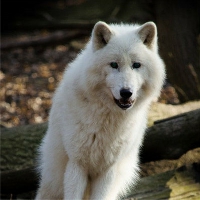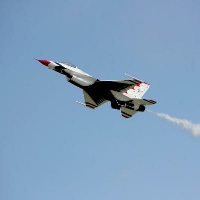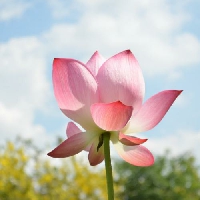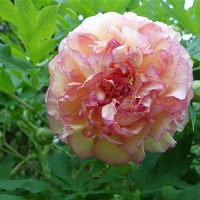Wenxing Loyalty means that Confucius' teaching has four contents: literature, conduct, loyalty and faithfulness.
From The Analects of Confucius Shuer, a disciple of Confucius in the Spring and Autumn Period and the Warring States Period.
In the original, Confucius said that the second and third sons regarded me as a recluse, and I had no recluse.
1. It is Qiu who has no action but does not have two or three sons.
2. Zi taught literature in four ways: conduct, loyalty and faith.
3. This chapter puts forward Confucius' educational thought and learning attitude, and further explains Confucius' important moral categories such as benevolence and morality.
4. Confucius said: Students, do you think I have anything to hide from you? I have nothing to hide.
5. There's nothing I didn't do with you.
7. Confucius taught his students in four aspects: literature, conduct, loyalty and faith.
8. Extended data: The Analects of Confucius · Shuer is from the Analects of Confucius, including 38 chapters, which is also one of the chapters cited by scholars when studying Confucius and Confucianism.
9. This chapter puts forward Confucius' educational thought and learning attitude, Confucius' further interpretation of important moral categories such as benevolence and morality, as well as other ideas of Confucius.
11. Confucius lamented that the world could not see its own mistakes and blame itself. Confucius was extremely worried about this.
12. He compared the three aspects of moral cultivation, reading and learning, and knowing and correcting mistakes. In his opinion, there is also an internal link between the three, because the most important thing for moral cultivation and learning all kinds of knowledge is to be able to correct their mistakes or misdeeds in time. "Only in this way can cultivation be improved and knowledge be enriched.
13. Confucius seemed to feel a kind of despair about the situation of "the collapse of social etiquette and bad music" at the end of the Spring and Autumn Period, because he thought that under such a social background, it was difficult to find the saints and good people in his ideas, while those who were empty and profitable, and who were engaged and peaceful were everywhere. Under such circumstances, it would be satisfying to see a gentleman "and a constant person".










